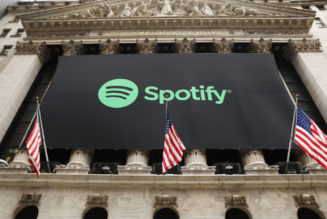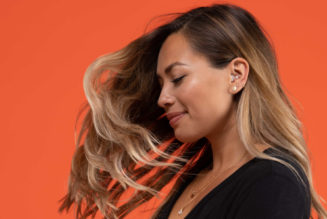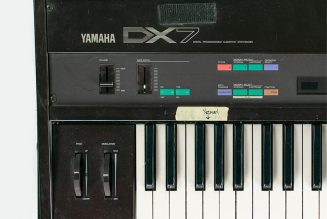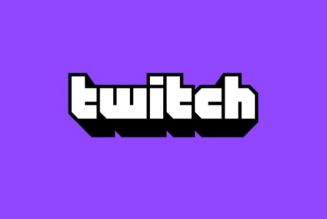Do you ever find yourself subconsciously toggling between volume levels on Spotify because the music just isn’t loud enough? Paranoia be damned, contrary to what you might think, you do not have inner ear issues and you’re not losing your hearing.
Thanks to Beat Spot, an educational platform dedicated to demystifying music production, mixing, and engineering, we now have a more firm grasp on how Spotify manages loudness within its preeminent streaming application. In a recent Instagram post, Beat Spot shrewdly explained that since Spotify is the world’s most popular music streaming platform, it has implemented core functionality specifically designed to retain users while cultivating a safe listening environment.
When distribution services like Stem, AWAL, and TuneCore submit music to DSPs (digital service providers) like Spotify, they handle tens of thousands of songs at any given moment. With such a large pool of music to distribute, quality control is a major undertaking and, as a result, the songs they send to DSPs are submitted at many different levels of loudness.
According to Beat Spot, in order to foster a safe and consistent listening landscape that is devoid of potentially harmful effects to the ear canal, Spotify automatically renders its music to an average volume of -14db integrated LUFS (loudness units relative to full scale). If a submitted song doesn’t meet that standard, Spotify simply turns the volume up or down until it meets its slightly suppressed benchmark of -14db integrated LUFS. They also point out that the platform has a normalization setting in its preferences, which allows you to listen to songs at the actual loudness the artists intended.
The decision to lower the volume of its music wasn’t made just to service listeners, however. In their post, Beat Spot shrewdly poses the question, “Ever wondered why ads on free plans are louder and annoying?” before answering, “To push you paying for subscription.” Essentially, Beat Spot is implying that one of Spotify’s methods to convert free users into paid customers is not only the inclusion of ads, but also increasing their volume in order to galvanize.
You can check out Beat Spot’s full Instagram post below, which includes a short video demonstration at the end.








